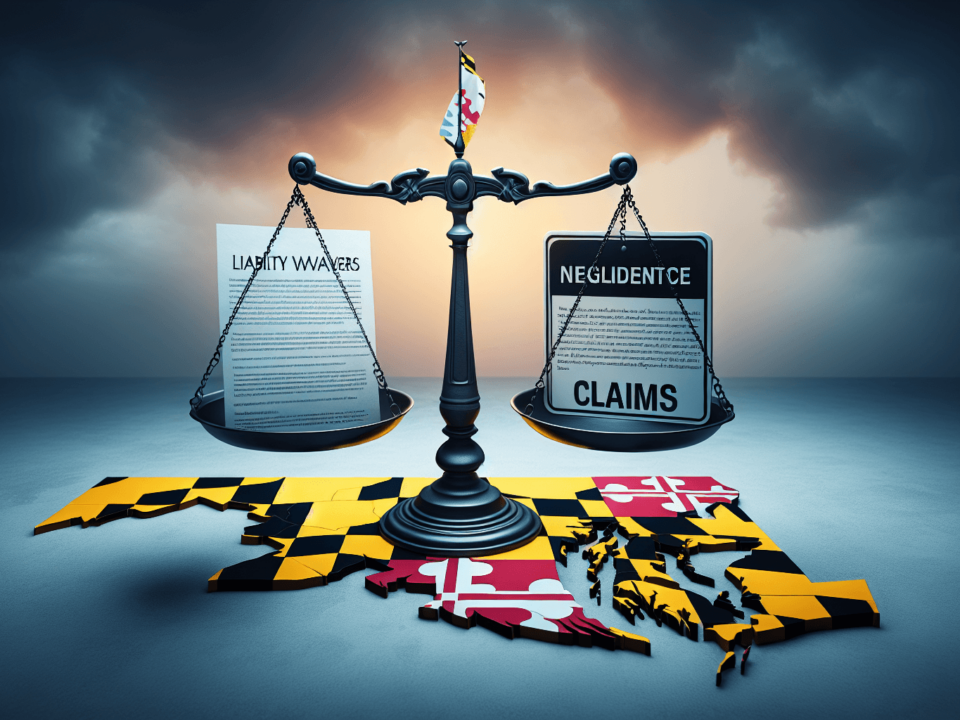As summer winds down and makes way for fall, many of us will try to take advantage of any good weather before winter strikes. If you believe the statistics, for a large number of Americans, that includes visiting water parks, amusements parks, trampoline parks and many other similar entertainment venues.
And as with any form of adventurous entertainment, there is the risk of harm and injury to you or your children. So what are your rights if you or a loved one are injured at one of these venues? And are you entitled to compensation for your physical injuries, pain and suffering and emotional distress?
The short answer, as with many other legal questions, is that it depends. It should come as a surprise to nobody that many if not all of these venues require their patrons to sign waivers as a condition of use.
And what most people may not realize is that the purpose of these waivers is to effectively immunize and protect the parks from any negligence committed by them or their employees. So, if you sign a waiver, it is possible that you may not have a claim even if your injury resulted from their negligence.
Focusing specifically on Maryland, there is good news and bad news. The bad news is that Maryland’s appellate courts have specifically addressed this issue and have ruled that these waivers – or “exculpatory clauses” as they are otherwise known – are generally valid and enforceable.
In fact, in one specific case, the Court of Appeals of Maryland even went so far as to determine that a parent can validly waive or release a negligence claim on behalf of their minor child. Certainly, this case law makes such claims difficult to pursue in Maryland.
But, as mentioned, there is good news. First, because the waivers/releases are interpreted as contracts, they are subject to general principles of contract interpretation, including that they are “narrowly construed” (which is a fancy legal way of saying that they are interpreted based on what they actually say as opposed to what the liable party intended for it to say).
And because not all waivers are drafted the same, whether they are enforceable is determined on a case-by-case basis and could result in them being deemed invalid or unenforceable.
Second, while Maryland’s courts have ruled that you can release someone from their own negligence, you cannot release someone for “gross negligence.” So if the conduct – or negligence – that led to the injury was severe enough to constitute gross negligence, the waiver would not apply. Whether conduct amounts to gross negligence is a very fact-specific question that is also determined on a case-by-case basis.
So, to summarize, if you are injured at an amusement park, trampoline park, water park or other similar venue in Baltimore City, Baltimore County or anywhere else in Maryland and you signed a waiver, do not assume that you have released your claim. That determination is a much more complicated question that requires the involvement and judgment of an experienced personal injury attorney.
Call Dubo Law at (443) 275-6345 for your free consultation. We have experience handling exactly these types of cases and if you have a valid claim, we will make sure you are fairly compensated for your or your loved one’s injuries, including their physical injuries, mental anguish, and pain and suffering claims.









